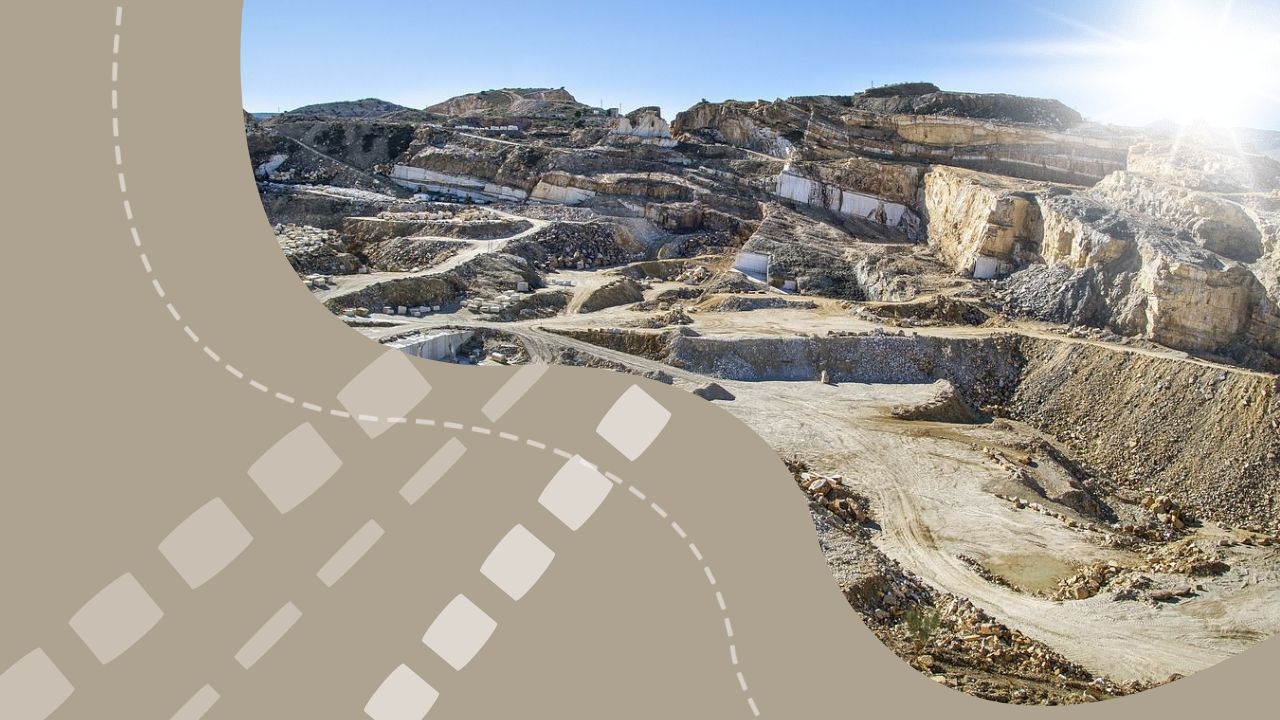Serbia’s Energy Minister, Dubravka Djedovic Handanovic, announced on Friday that it could take Rio Tinto up to two years to obtain the necessary permits to begin construction on its Jadar lithium project. This comes after Serbia reinstated Rio Tinto’s license last month, two years after the previous government halted the process following protests by environmental groups.
Handanovic highlighted that the mining giant must secure approvals based on the project’s environmental impact studybefore moving forward. The Jadar project, located in western Serbia, is considered one of the largest lithium reserves in Europe, with 158 million tonnes, equating to 17% of the continent’s total lithium reserves.
“If completed, the Jadar project could produce 58,000 tonnes of refined battery-grade lithium carbonate annually,” Handanovic said, noting that this would be sufficient to power one million electric vehicles and meet 90% of Europe’s current lithium demand. This would also position Rio Tinto among the top 10 global lithium producers.
Despite the potential benefits, Serbian President Aleksandar Vučić has emphasized that no mining operations will commence until guarantees from the world’s top experts are secured. Vučić stated, “There will be no digging, no changes in the field, nor will there be. Until we get all the guarantees ourselves, nothing will happen in the next 12 to 18 months.”
Last month, Serbia signed agreements with the European Union and Germany to provide EU members and key car manufacturers with exclusive access to Serbian lithium. These agreements followed a ruling by Serbia’s top court declaring the 2022 decision to revoke the Jadar project’s license unconstitutional.
Despite these developments, thousands of Serbians have taken to the streets to protest the project, with another major demonstration planned for Saturday in Belgrade. Handanovic questioned the protesters’ motives, suggesting that their arguments are more focused on challenging the government rather than genuine environmental concerns. She added that the project would help Serbia tap into its mineral wealth, including copper, zinc, lead, gold, and lithium, and gain access to valuable technical expertise.


